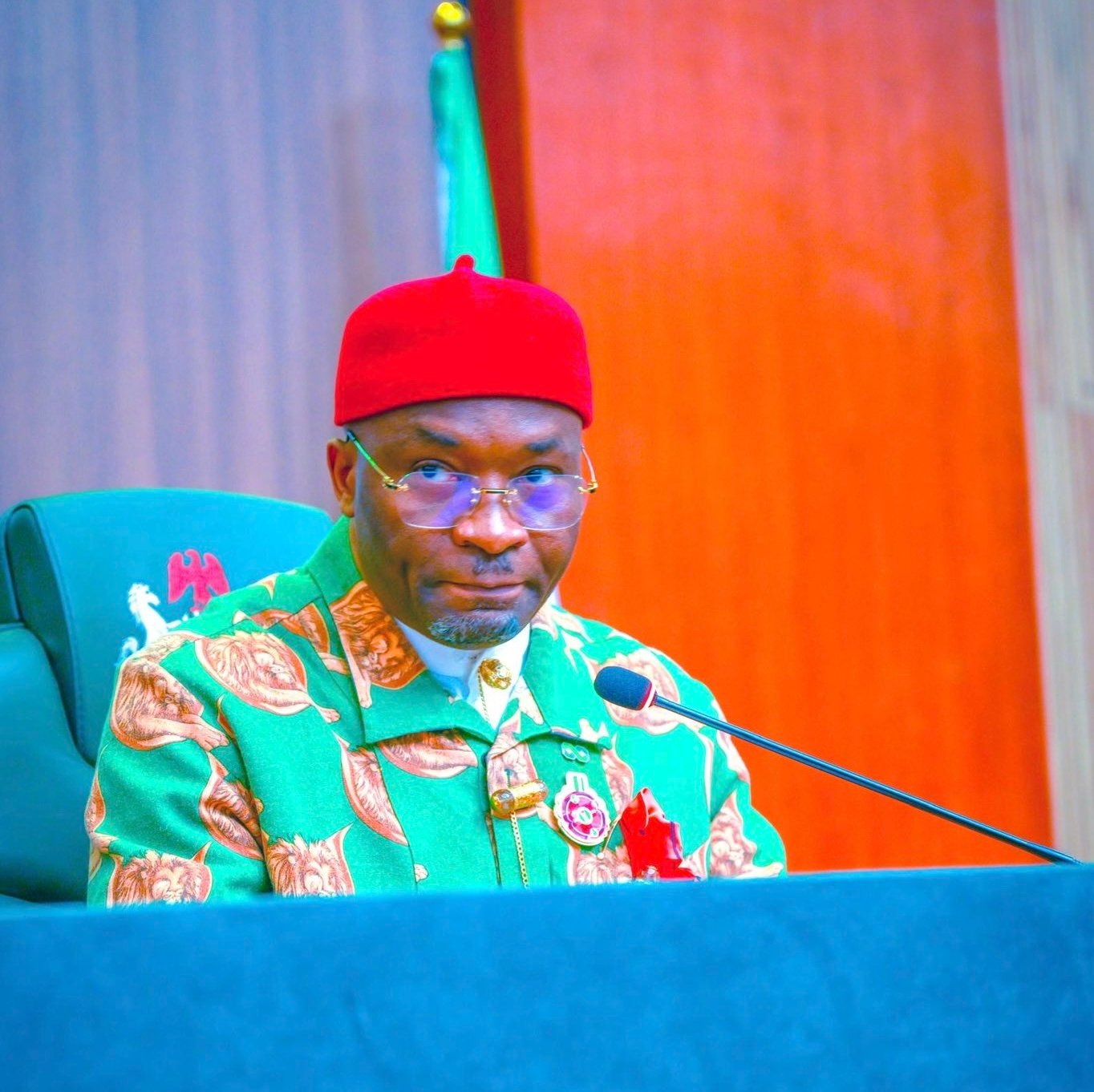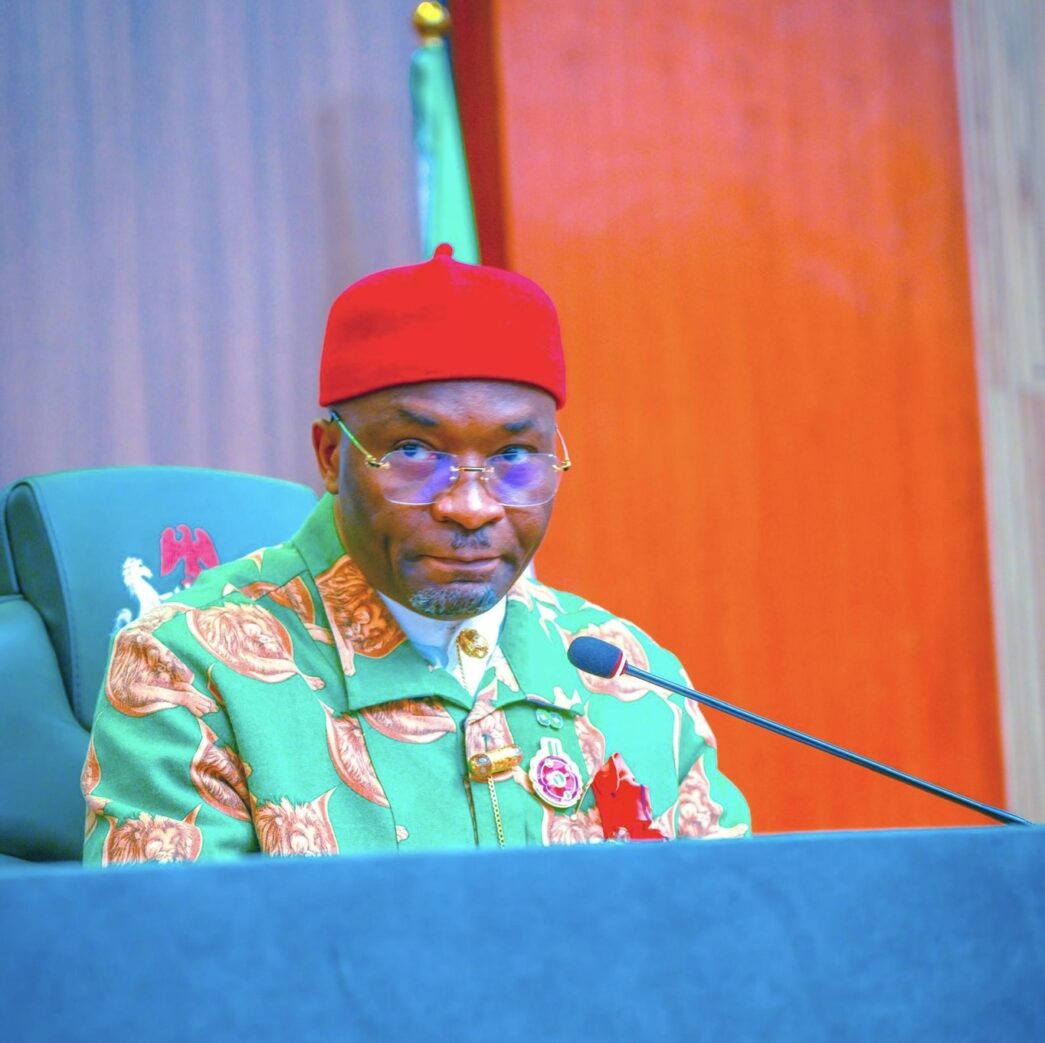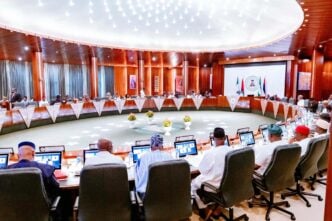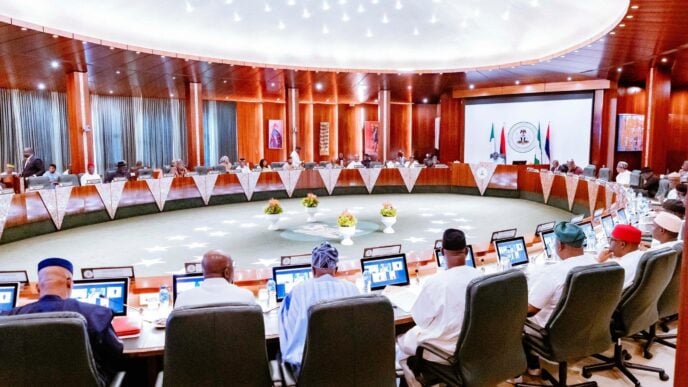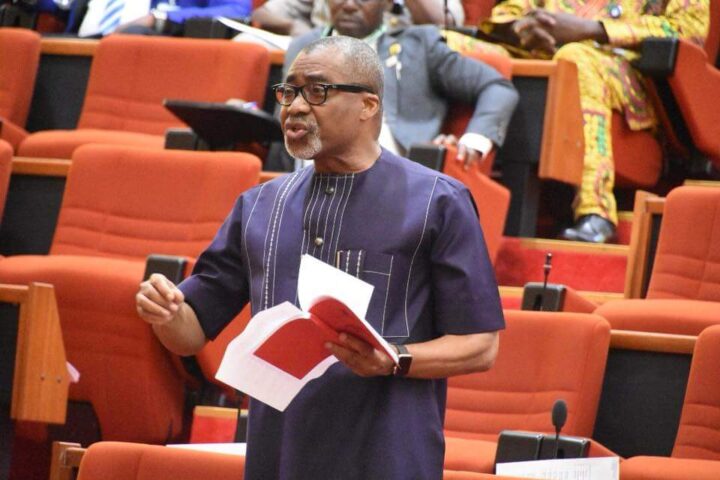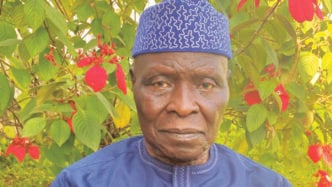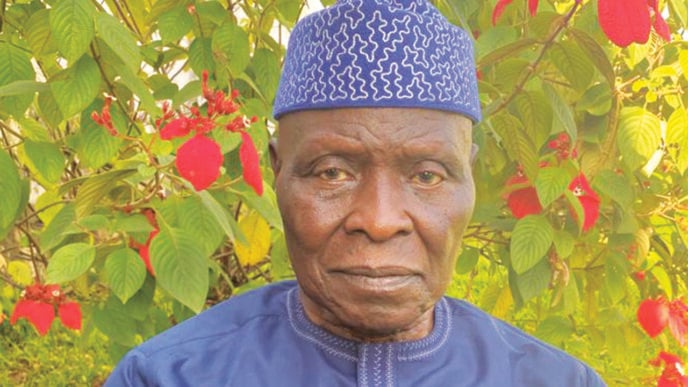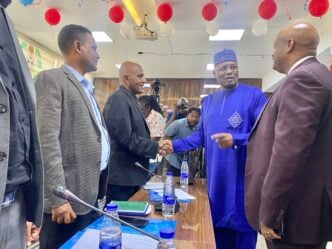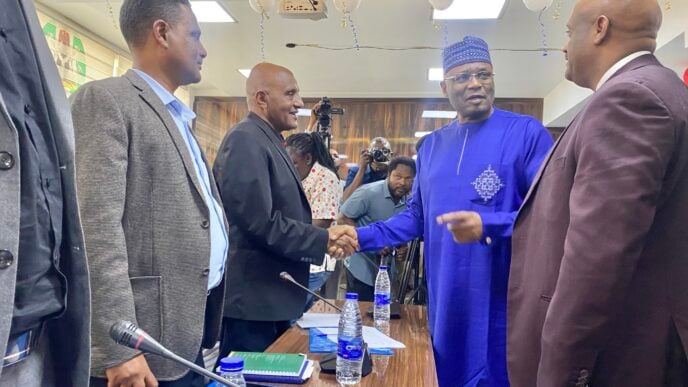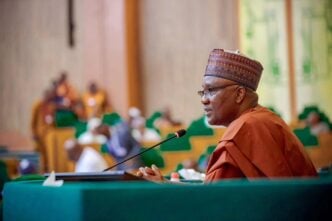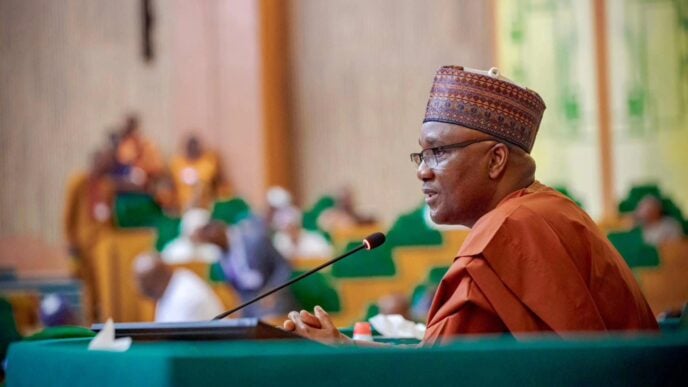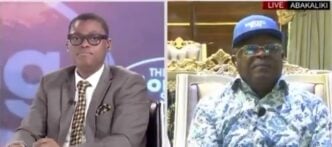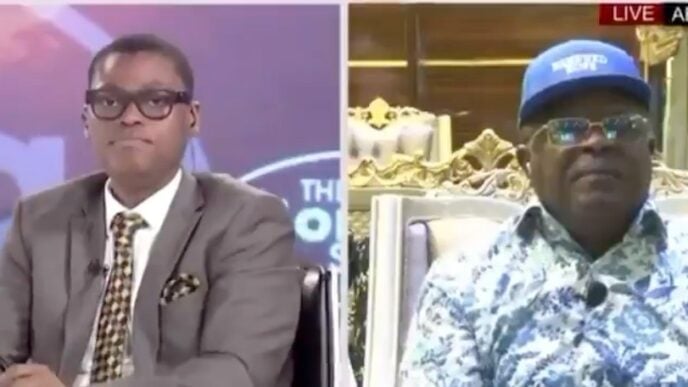Benjamin Kalu, deputy speaker of the house of representatives, says Nigeria’s democracy needs strong institutions, not the goodwill of a few.
Kalu spoke in Abuja on Monday at a meeting organised by the house of representatives committee on constitutional review for leaders of political parties.
The deputy speaker said the country must use the ongoing constitutional review to address deep structural challenges and strengthen democratic governance.
He recalled that Nigeria returned to civilian rule 26 years ago with high expectations but questioned whether the promise of the 1999 Constitution had been fully realised.
Advertisement
“Twenty-six years ago, Nigeria returned to democratic governance under the 1999 Constitution. It was a moment of great expectation,” Kalu said.
“After decades of military rule, we dared to believe that a new era of freedom, justice, and prosperity was finally within reach.
“The constitution we adopted was meant to be the bedrock of a new Nigeria: a Nigeria where power belonged to the people, rights were guaranteed, and institutions served the common good.
Advertisement
“Twenty-six years on, has this promise been fulfilled? Yes, Nigeria today is more democratic than ever before. We have conducted seven successive general elections.
“Power has changed hands peacefully between parties. Our civil society is vibrant. Our media is free. Our judiciary, though tested, remains independent.
“On the one hand, our democracy has deepened. Political parties like yours have become the primary vehicles through which Nigerians participate in governance. Millions cast their votes in every election cycle, believing, rightly, that their choices matter.
“On the other hand, too many Nigerians feel left behind. Women remain severely under-represented in our political structures, despite constituting half our population. Our local governments, the closest tier of government to the people, remain weak and financially dependent.
Advertisement
“Electoral disputes drag on for years, creating uncertainty and undermining public confidence. The cooperative democracy we imagined twenty-six years ago has not fully materialised.
“Instead, we find ourselves in a moment of reckoning. A moment where we must ask: is our constitution still fit for purpose? Does it reflect the Nigeria we are today, or is it anchored to the Nigeria of a bygone era?
“As leaders of Nigeria’s political parties, you face this question every day. You see the gaps. You feel the frustrations. You hear the voices of ordinary Nigerians demanding more from their democracy. And that is precisely why you are here today.”
Kalu said the constitution review process cannot be complete without the active involvement of political parties.
Advertisement
“You are its backbone. You recruit candidates. You mobilise voters. You articulate competing visions for our nation’s future. You are the bridge between government and the governed,” he said.
“If constitutional amendments are to be legitimate, they must have your buy-in. If they are to be effective, they must address the challenges you face on the ground. And if they are to endure, they must reflect a broad consensus that transcends party lines.
Advertisement
“This is why we have invited you here today: not as adversaries, but as partners in nation-building. Let me be clear about what is at stake.”
He highlighted some of the constitutional bills under review, noting that they seek to grant financial autonomy to local governments, streamline the electoral process, and reduce the endless litigation that undermines the people’s will.
Advertisement
“These are reforms that go to the heart of what it means to be a democracy. We recognise that your parties represent diverse ideologies and constituencies,” he said.
“You will not agree on everything. That is the beauty of democracy. But I am asking you today to focus on what unites us, not what divides us.
Advertisement
“We all want a Nigeria where elections are free, fair, and credible. We all want a Nigeria where women have an equal seat at the table. We all want Nigeria to be where local governments work, federalism is real, and our constitution commands every citizen’s respect and allegiance.
“These are not partisan issues. These are Nigerian issues. The world is changing. So must we. In the last twenty-six years, Nigeria’s democracy has relied on the goodwill of a few committed leaders to survive.
“But goodwill alone is not enough. We need strong institutions. We need clear rules. We need a constitution that not just permits democracy but actively enables it. This is our moment to get it right.”
Kalu said that the committee has “worked tirelessly” to ensure the constitution review process is inclusive.
“To sustain our democracy in a changing world, we must change how it operates. We must give women a rightful place in governance. We must empower local governments to serve their people. We must make our elections credible and our courts efficient,” he added.
